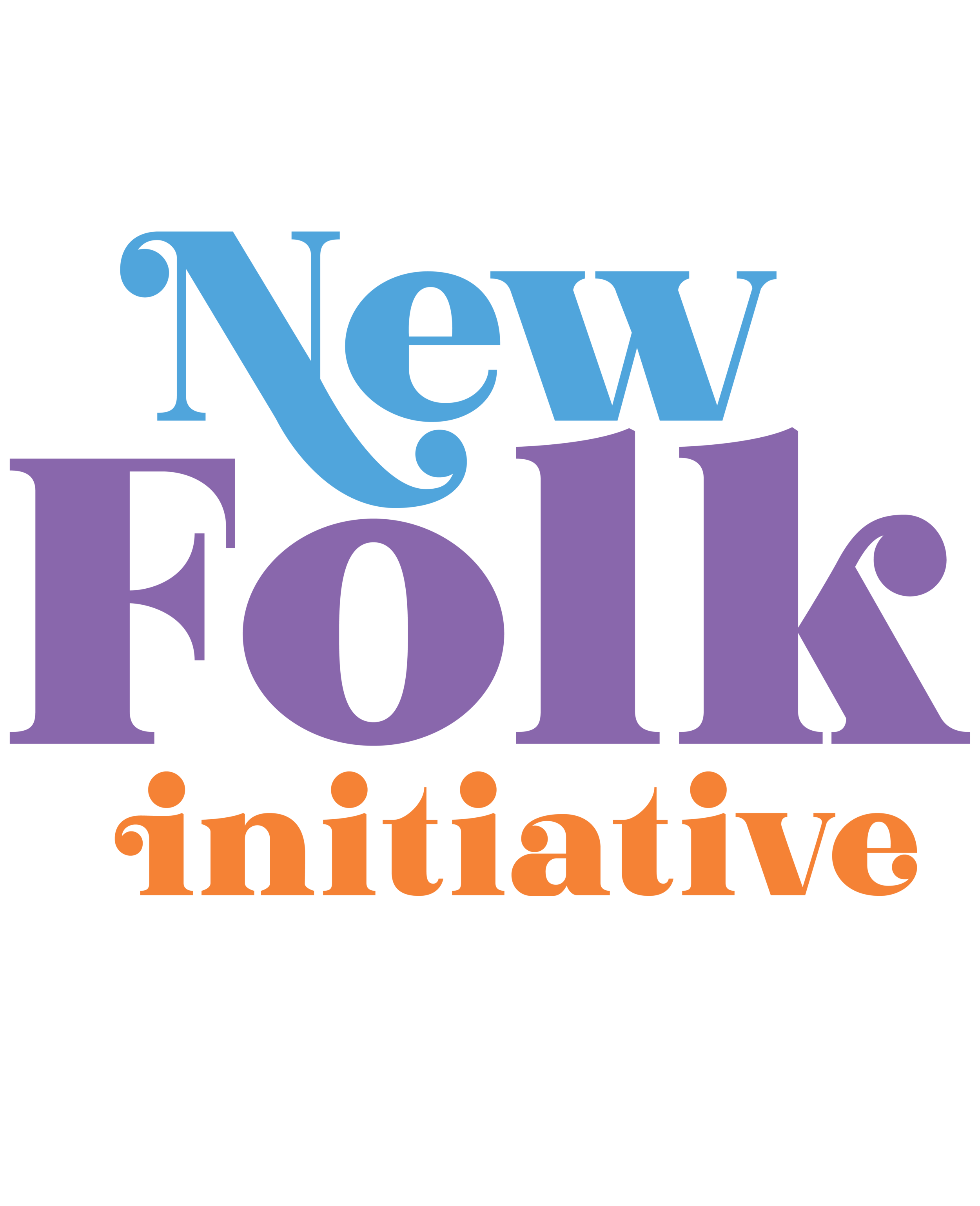Theatre: What The Constitution Means To Me
“What the Constitution Means to Me,” the play written by and starring Heidi Schreck, was critically-adored Off-Off Broadway last fall. It’s now opened on Broadway at the Helen Hayes Theatre, and it’s compelling in ways that I didn’t expect. More than just polemical, it’s deeply personal and both funny and moving.
It’s based on debate competitions at American Legion Halls on that topic which Schreck won at age 15. You can imagine the young Heidi, blonde and fresh-faced, as the All-American girl, winning over the judges with her charm, intellect, and idealism. She hails from rural Washington, which she calls “an abortion-free zone,” and that aside turns out to be not incidental.
The play sets out to recreate one of those debates, in which Heidi describes the Constitution as a “crucible,” which can be defined as a “witch’s cauldron,” but also a “severe test… of patience or belief.” At times Schreck steps out of her 15-year-old self to question her youthful idealism, in particular how certain amendments measure over time. There’s the 9th, which says, in effect, just because we list certain rights, it doesn’t mean there aren’t others we haven’t thought of. And the 14th, which defines citizenship and due process.
The fluid structure of the play reflects the elasticity of the Constitution as a “living document,” subject to ongoing debate. How does it deal with immigrants, people of color, and women’s rights? Slowly and fitfully, with the Supreme Court divided between liberal justices offering expansive interpretations and “originalists” on the conservative side.
The grown-up Heidi views the Constitution with a feminist lens. Drawing a personal connection between the document and her own life (as the competitors were encouraged to do), she sees women in her family who were subjected to sexual abuse and, looking back, she realizes she experienced her own “Me Too” moment. In an age of liberation, she still felt compelled to keep an abortion secret. The overriding question, more timely now than ever, is who is the Constitution protecting and how fair is it?
All of this could be a dry civics class were it not for Schreck’s humor and storytelling skills. Although it’s scripted, the play feels spontaneous, and she constantly draws the audience inside. During the last third of the play, she brings out a New York City high school student to debate pro or con whether the constitution should be abolished. There is a lively give-and-take, and the audience is urged to respond vocally to each point of view. At the end, one audience member is chosen to decide which is the winning side, but we all see we have a vested interest in the outcome. At our performance, the verdict was to abolish. That hardly seems practical, but it does give an incentive to as us citizens to work toward “a more perfect union.”
